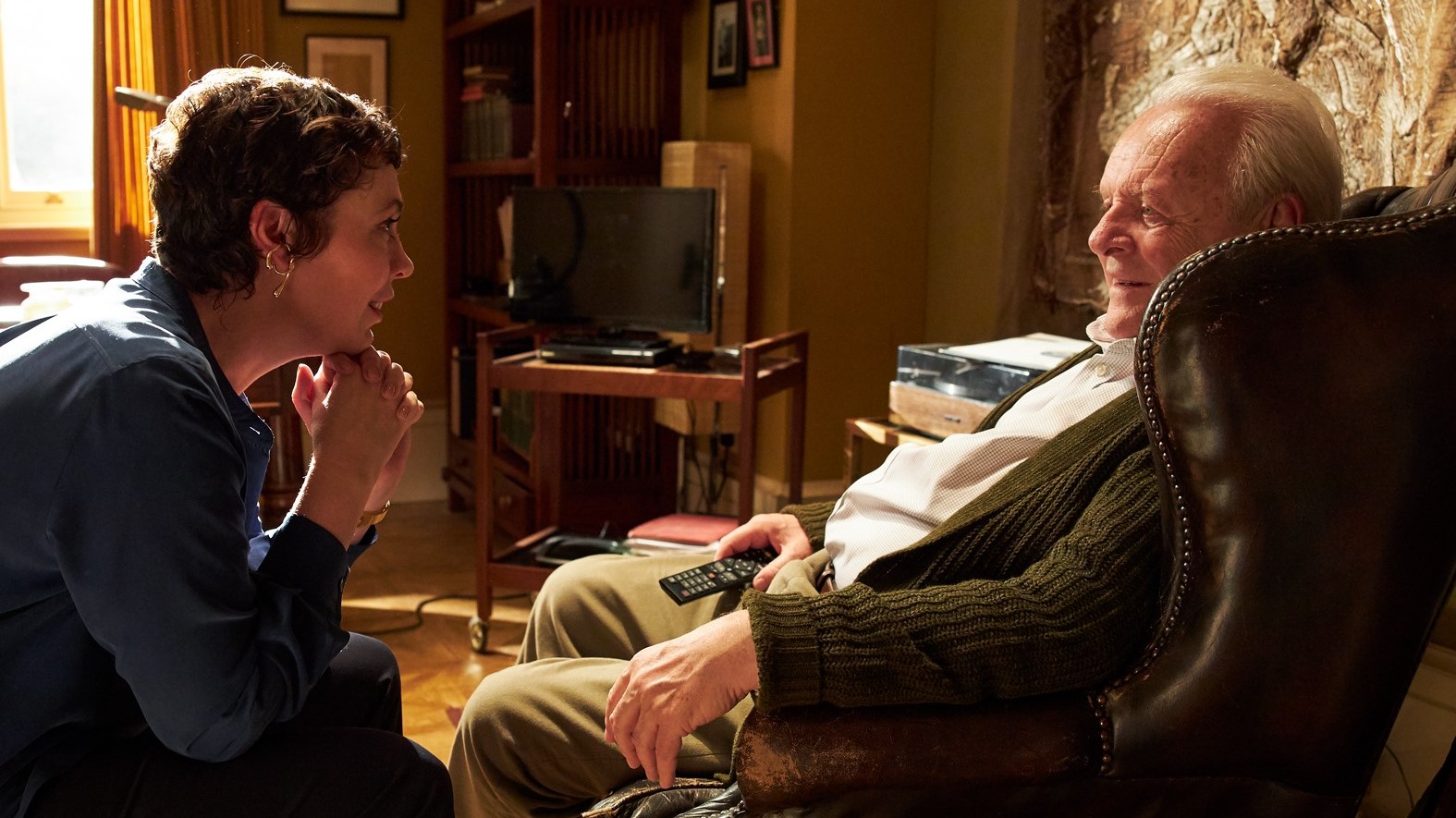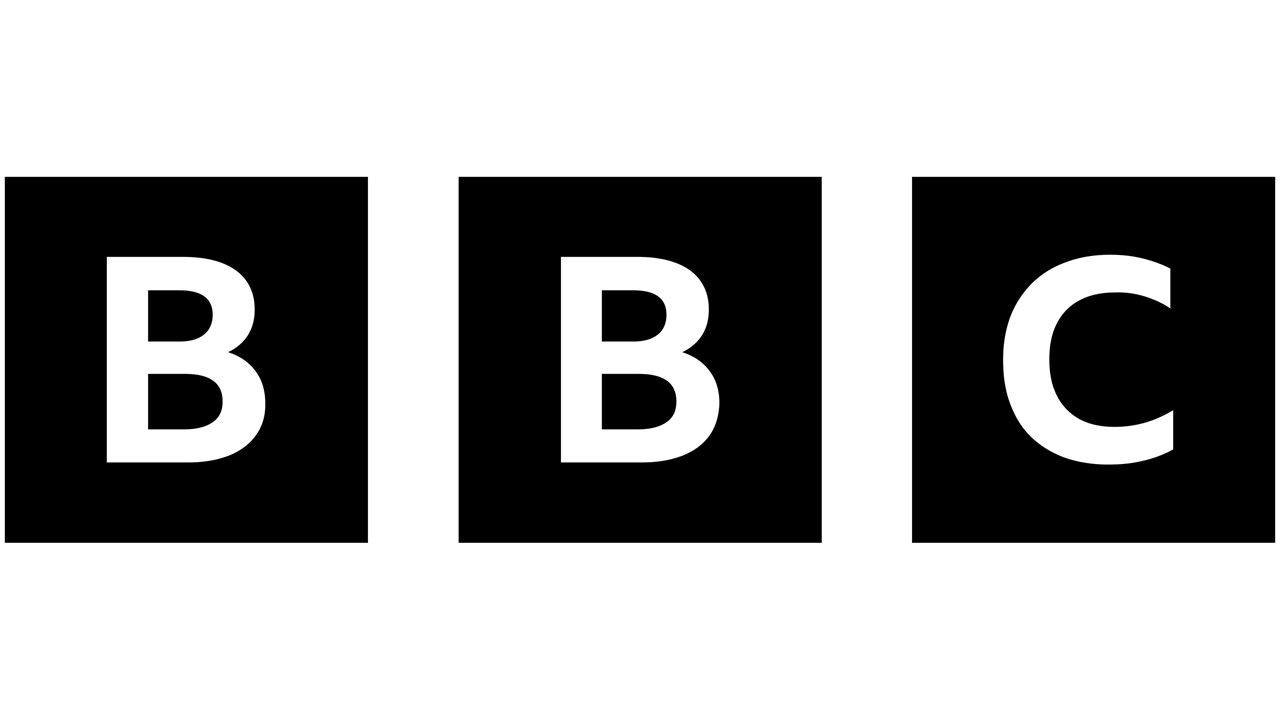What to Watch Verdict
'The Father' handily demonstrates that, should any one of us lose ourselves to dementia, we can become the time-ravaged shells of our former personalities
Pros
- +
✴️Anthony Hopkins and Olivia Colman are delivering career-best performances.
- +
✴️The editing and production design emphasize a horrifying crumbling reality.
- +
✴️This is one hell of a moving screenplay.
Cons
- -
✴️The non-linear nature of the film can be a bit disorienting, though that's clearly on purpose.
The Father is currently only available to watch in theaters (as of February 26, 2021). Due to the COVID-19 pandemic, we recommend checking it out at your local drive-in. If one isn’t available, please be sure to check out state and CDC guidelines before watching in an enclosed space.
It’s always interesting to see how different films will opt to tackle similar subject matter in completely different ways, especially when two films arrive relatively close to one another but are disserved by the assertion that they should be compared. Though The Father and Supernova both explore the tragic consequences of dementia, Supernova is much more focused on that external drama, the impact of the diagnosis on the relationships one has and those relationships’ future prospects. The Father, meanwhile, is a much more internal film, much more stylistically similar to Charlie Kaufman’s I’m Thinking of Ending Things than the romantic tragedy of Supernova. And much like Kaufman’s film, The Father is capitalizing upon the unique strengths of film as a medium to capture the perspective of a mind on the verge of collapse, albeit in a less idiosyncratic manner.
The titular father is Anthony (played by Anthony Hopkins), an eighty-year-old living with his daughter Anne (Olivia Colman) in her flat while insisting that the space is, and always has been, his. Anne struggles to care for her persistently confused father and endeavors to hire a nurse to look after him while she is at work. However, as the pressure of caring for her father increases, the specter of moving her father into a care facility looms over their lives with inevitability.
The premise is simple, but the devil is in the details. None of this information is presented with straightforward efficiency, instead meandering around from Anthony’s perspective as we piece together a semblance of reality that he is incapable of comprehending. As his never-ending search for his missing watch alludes to, time is becoming lost to Anthony, with scenes transitioning as he rounds a corner without him realizing, with dialogue repeating and remixing into new contexts or redundant ones, with characters swapping out actors to represent Anthony’s growing incapability to recognize familiar familial faces, especially as he muses after his absent favorite daughter, Anne’s sister.
This is pieced together through some absolutely superb editing, transitioning between scenes and into circular patterns to emphasize the horrifying repetition of a life without continuity. Whether depicting Anne’s struggling marriage to her husband Paul (alternately played by Mark Gatiss and Rufus Sewell), the elder abuse Anthony suffers at Paul’s hands, or Anthony’s hot-and-cold rapport with his new caretaker Laura (Imogen Poots), The Father knowingly and maliciously withholds scene resolution in favor of disorientation, aided handily by subtly shifting set design that transforms the flat in ways simultaneously familiar and foreign, ways that merge fantasy with supposed reality.
Of course, Hopkins is going to garner the most attention for his lead performance, and it’s rightly deserved. Anthony is a proud, independent man who cannot grasp why his daughter seeks to trap him in domesticity, and his wild mood swings from affably personable to conspiratorially cantankerous bely a man falling apart as the very core of his identity is stripped away. However, for as much as Hopkins deserves the spotlight for accolades, Colman is similarly compelling in her role as struggling daughter. Though the film primarily stays in Anthony’s point of view, the few moments it veers away to Anne’s perspective highlight a horribly overlooked fact: the redundancy and repetition of a dementia patient's life will, in turn, make the life of the primary caretaker just as cyclical and disorienting. It’s a situation where no one comes out feeling heroic or satisfied. Instead, there is only the wait for life to resume.
Viewers may be tempted to solve the continuity of The Father, to piece together a definitive timeline of events that progressively heightens Anthony’s departure from selfhood, but I would posit that doing so misses the point. The circular machinations of the plot are purposely obtuse, demonstrating that reality is merely our perception and that the degradation of our minds is the degradation of logic, cause, and effect. This is a harrowing experience that deserves to be meditated upon for its inescapable terror, the somber truth that any of us could become trapped in our own crumbling existence. The Father handily demonstrates that, should any one of us lose ourselves to dementia, we can become the time-ravaged shells of our former personalities, and though not framed as a horror film, its prospective pondering is more horrifying than any monstrosity.
The latest updates, reviews and unmissable series to watch and more!
The Father will open in theaters on February 26, 2021.
- The best Amazon Prime movies
- Amazon is right: You don't own your digital media
- The best shows on Amazon Prime
- New movies on Amazon Prime
Leigh Monson has been a professional film critic and writer for six years, with bylines at Birth.Movies.Death., SlashFilm and Polygon. Attorney by day, cinephile by night and delicious snack by mid-afternoon, Leigh loves queer cinema and deconstructing genre tropes. If you like insights into recent films and love stupid puns, you can follow them on Twitter.



